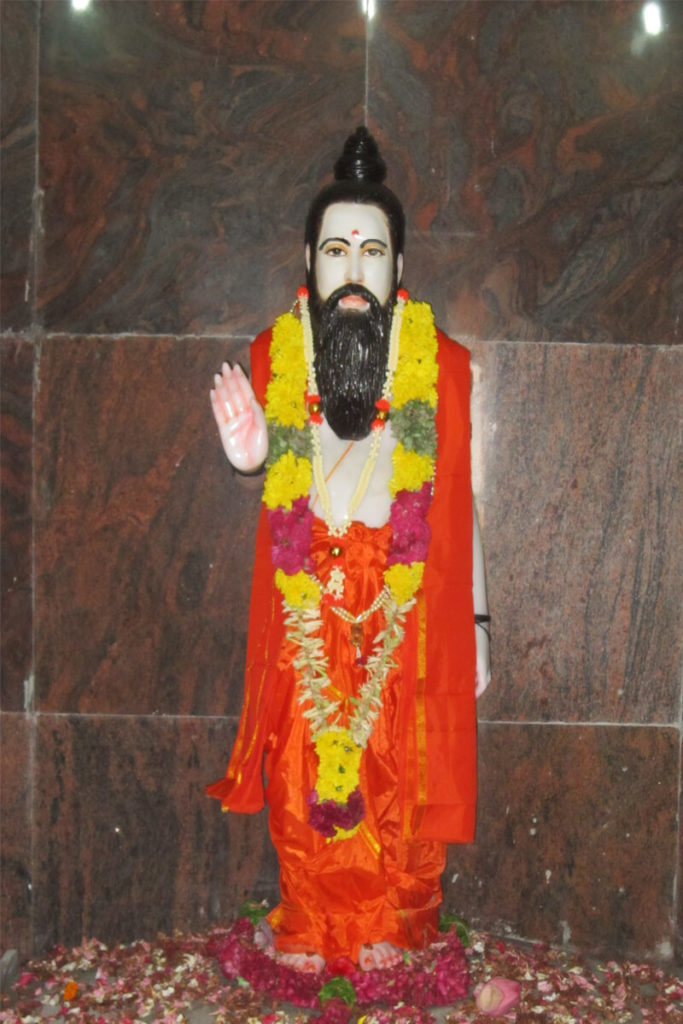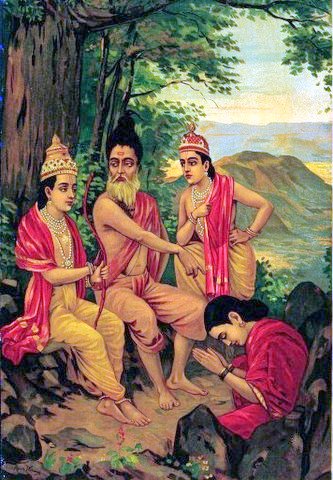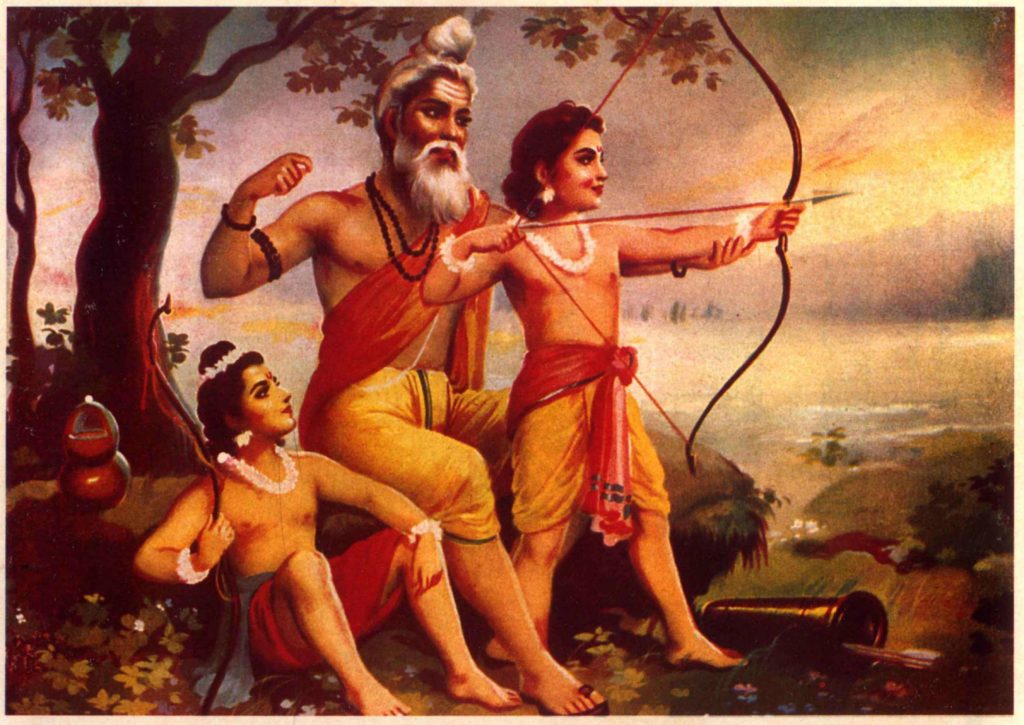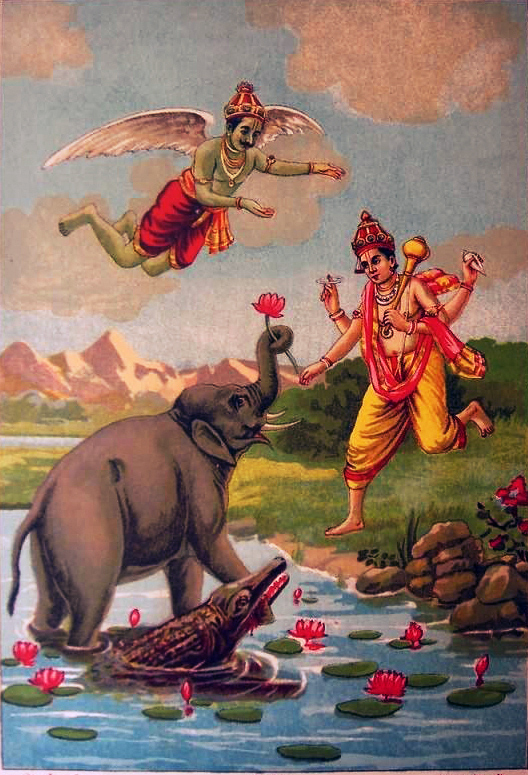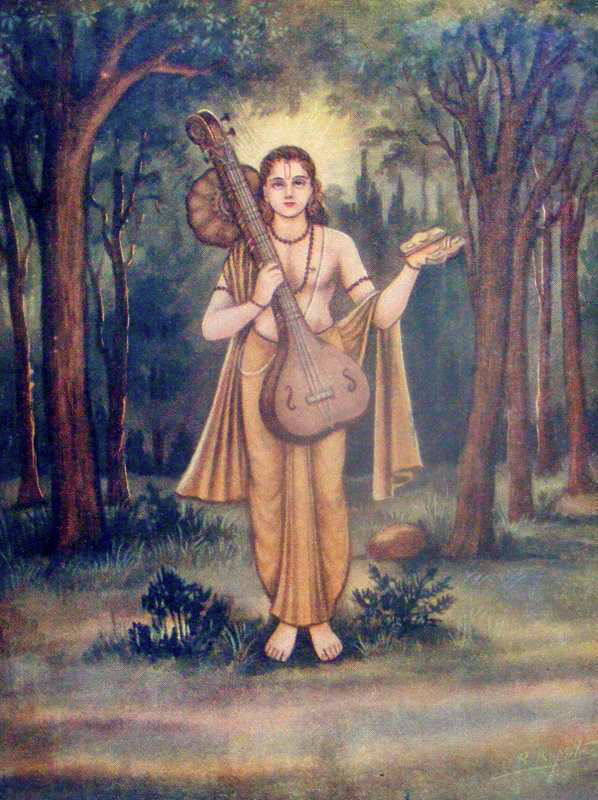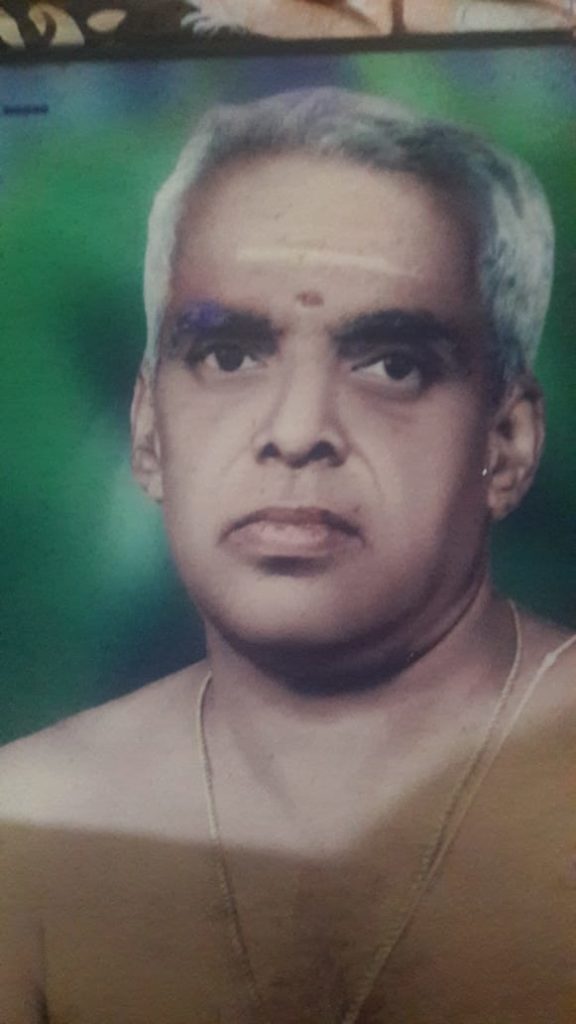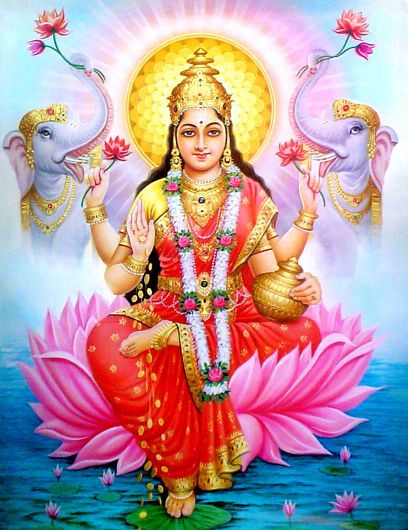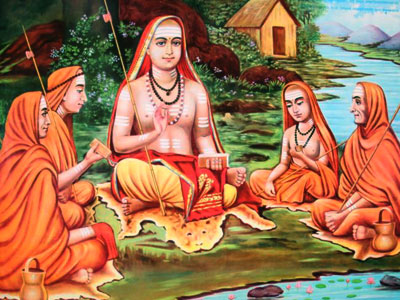Ramayana depicts the lives of many holy learned persons and they are called Maharshis, Rishis or Munis. India is referred as Bharata Khanda and the peninsular region is called as Indian sub-continent or Bharata Varsha. Various countries had their own independent rulers and in those times of Emperor Rama’s ruling era, the official language was Sanskrit and it was also a link language between countries. In north India, Valmiki Maharshi lived and used his own local language but he has written Ramayana in Sanskrit and taught it to his students. In Lanka also, Sanskrit was the official language but they used a different language while communicating locally. Agastya Muni lived near Tamraparni Mountain of Lanka and history says he used Tamil for local communication but was an expert in Sanskrit. Then, Lanka was considered as the geographic center of the earth for the purposes of calculation in astronomy. People had the knowledge of North Pole and referred earth as Bhoo Mandala, which means one can go circumscribing around the earth.
